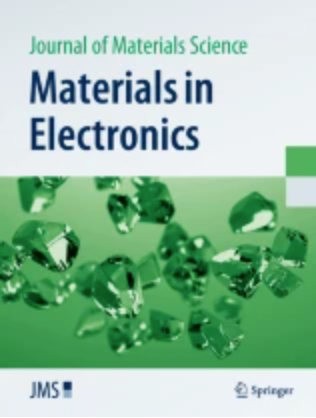Effect of mass loading on the capacitive performance of sustainable porous carbon
Abstract
The accelerated energy consumption and its impacts on our lives have led to the development of various efficient and sustainable energy storage devices. The bioderived materials are viable, cost-effective, and sustainable and hence a versatile material in fabricating energy storage devices, especially for supercapacitors. Herein a porous 3D honeycomb-like carbon is derived from the biomaterial coconut rachis which was used for the fabrication of electrodes for a supercapacitor with chitosan as the binder. A high surface area of 1,630.67 m2/g and a pore size distribution ranging from 1.5 nm to 5 nm were observed, confirming the material’s suitability for energy storage applications. Electrochemical tests revealed a maximum specific capacitance of 199 F/g at a current density of 0.62 A/g, with stable cycle life retention of 94–95% after 10,000 cycles. The optimized mass loading of the electrodes demonstrated superior performance, highlighting the potential of coconut rachis-derived carbon as an environmentally friendly and cost-effective alternative for supercapacitor applications. These findings suggest that the developed material holds promise for future energy storage systems that prioritize both performance and sustainability.

 求助内容:
求助内容: 应助结果提醒方式:
应助结果提醒方式:


